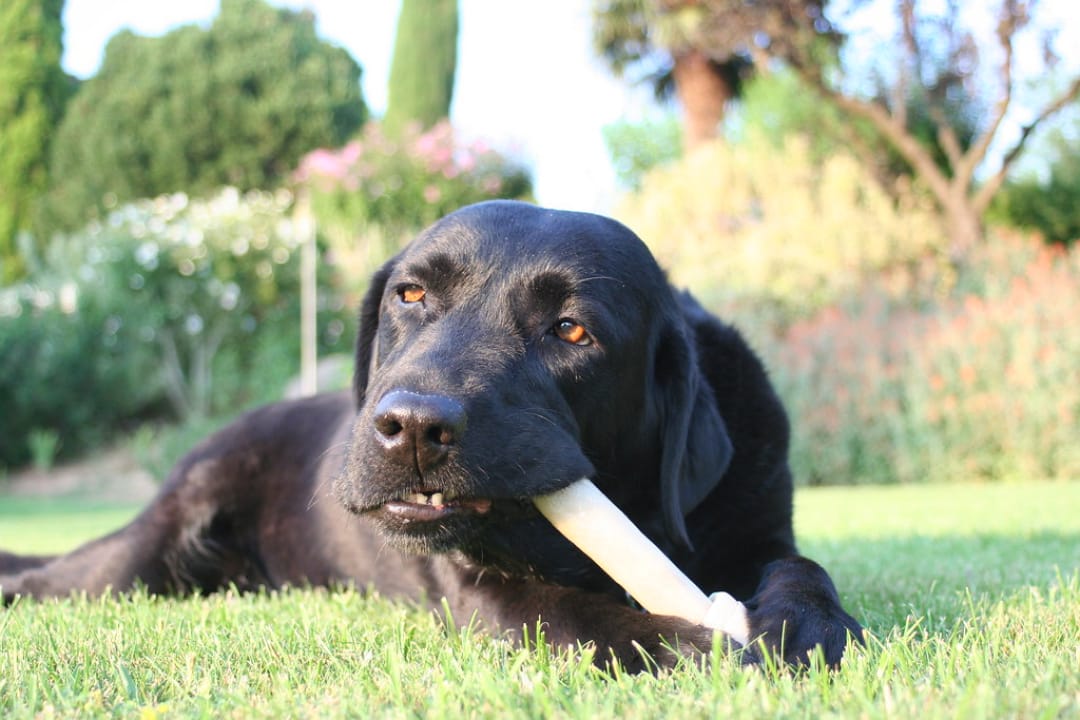
Many dogs love bones. Bones satisfy a dog’s appetite and urge to chew. They also provide nutrition and clean a dog’s teeth. But not all bones are good for your dog. Here are some tips on choosing vet-recommended dog bones.
Yes, it is OK for dogs to eat bones. As mentioned above, bones provide nutrition. They also satisfy your dog’s chewing urge. Moreover, chewing on dog bones stimulates the flow of saliva in a dog’s mouth, which helps to protect the teeth by preventing buildup of plaque. A dog who gets dog bones to chew on regularly is less likely to indulge in destructive chewing behaviors. However, dog bones can lead to serious injuries and even death, so they must be used with caution.
Yes, a dog bone is a real bone. Commercially available dog bones are made from real bones that are processed and packaged. Sometimes, manufacturers of dog bones add flavors to make them into appealing bone treats.
However, there are other types of dog bone treats as well. For example, rawhide treats come from hides of horses and cows that are ground and processed. Flavors like beef or chicken may be added to the treats to make them tastier. However, rawhide dog bones can make puppies sick because their digestive system is not fully developed. Always check with your veterinarian before giving your dog any kind of treat, including dog bones or rawhide treats.
Raw bones are safer for dogs than frozen bones or home-cooked bones which can be brittle and may splinter. Sharp pieces from splintered bones can cause life-threatening internal injuries and bleeding in a dog’s gastrointestinal tract. That’s why veterinarians recommend giving dogs raw bones that are large enough to chew but not so big that they can cause a blockage. Beef, chicken, turkey, and lamb raw bones are all safe options for dogs.
Many vets do not recommend dog bones because they can cause serious injuries and are simply not worth the risk. Instead, vets recommend bully sticks as dog chews. Bully sticks are safer than raw dog bones or rawhide dog treats. Also, bully sticks are more easily digested. They help to scrape away plaque buildup on a dog’s teeth.
Veterinarians recommend allowing your dog to chew on a dog bone for 15 minutes at a time under supervision.
It is generally avoidable to give your dog bones to chew on every day. As mentioned, dog bones can be dangerous and may cause serious injuries. Instead, use dog bones as an occasional treat. Choose the right type of bone and always supervise your dog when he or she is chewing on a dog bone.
Now that you know the do’s and don’ts of dog bones, stay tuned to the Puppy Hero blog for more information on keeping your four-legged friend safe and healthy. Read about why dogs love sticks and whether you should allow your pet to chew on one.
27 February, 2023